How to empower and support language learning in the digital era: a journey into new technologies8/14/2021 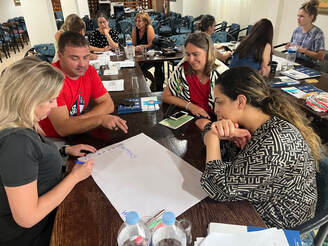 The teachers who attended the course were very curious about the educational implications of new technologies to support language learning. The main goal was to explore the different functionalities of web applications to promote students’ motivation, empowerment, and learning. The main expectations we gathered at the beginning of the course were the following: “How to increase students’ vocabulary in a fun way”? “How to improve students’ communicative skills”? “How to improve autonomous work to improve language skills”? “How to assess using ICT technologies”? The use of Technology in language learning gives the students the opportunity to assume an active role in learning, to cooperate and to communicate with the class. The teachers explored and practiced different tools and analysed their usefulness in their classroom contexts. In fact, they discovered that some tools are perfect to wrap up lessons, to personalize learning, to assess in a formal and informal way, to break up lessons and make them more engaging, or to challenge students to produce something for the class! The use of technology makes the students feel much more motivated and engaged on the one hand, on the other hand it’s the perfect solution to manage and monitor student progress. In classroom we had fun competing on Quizlet “live”, and we found out how easy it is to create interactive language quizzes using this web application. In particular, the teachers found very useful Quizlet Flashcards to increase students’ vocabulary and spelling skills. Using Mentimeter and Prezi, the participants created interactive and attractive presentations about language, and they had the opportunity to presenting their works in a safe and motivating environment, with the aim of being able to use them in the real classroom context. Teachers found Powtoon very useful for grammar presentations, and to outline and recap contents of the lesson. Participants also appreciated Socrative for the possibility to ask students quick questions and to monitor the attention in the classroom, especially for distance learning. Ted-Ed and Ed-puzzle are two other educational platforms which are very useful for language learning. By exploring these two sites, participants practiced adding voice notes, questions, and voiceovers to educational videos, turning them into real lessons to use in school. Other useful web platforms which we explored are Weebly, a website that allows you to easily customize webpage designs through useful tools, Magisto, a video editing app, and Google Jamboard, a suite rich of editing and creative tools to collaborate with students. “What have we learned?” Learning language is a challenge for students: a technological environment, in which it is easy to share, communicate, debate, compete and play, is a way to transform something difficult in an immersive and motivating experience.
Obviously, this productive experience was enriched by the colours of the Arab-Norman Palermo, which added history and culture to this wonderful training week! |
Welcome to the ELA Blog. Here you will find articles and photos of our courses and have a look at the topics addressed during the week in Bologna, Palermo and Tenerife. You will also have the chance to take a peek at our projects and check out what we have been up to.
Archives
July 2024
Categories |
-
Course catalogue
- 2023-2024 course catalogue
- Soft Skills >
- ICT and New Technologies >
- Inclusion and Diversity >
-
Innovative Teaching Methods
>
- Innovative teaching methods discovery
- Non-formal education teaching methods
- Dual education and work-based learning
- Teaching leadership and entrepreneurship
- Project based learning
- Game based learning and gamification
- Green skills
- Outdoor education
- Outdoor education trekking edition
- Promoting creativity and critical thinking
- Languages and EU projects >
- Preschool >
- Erasmus Plus KA1
- What we do
- About us
- Locations
- Blog
- Contact us
 English
English български
български Čeština
Čeština Español
Español Français
Français ελληνικά
ελληνικά Italiano
Italiano Polski
Polski Português
Português Română
Română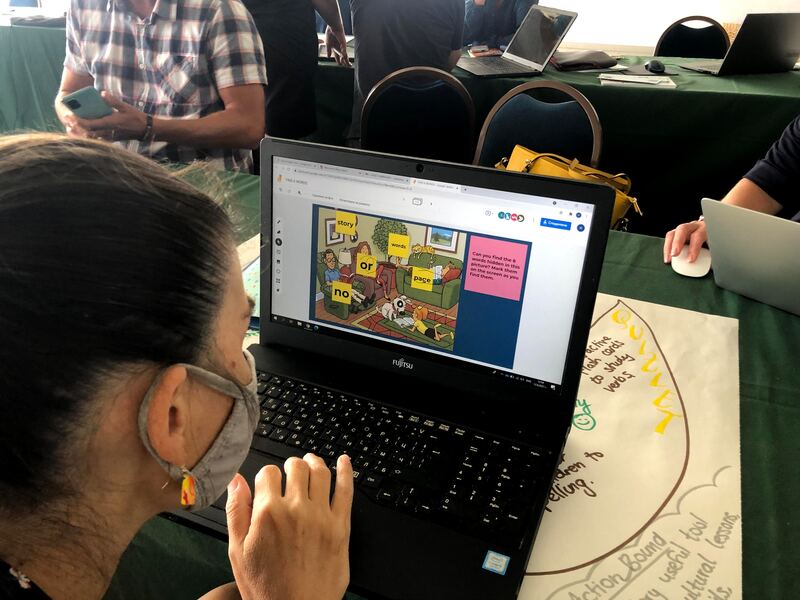
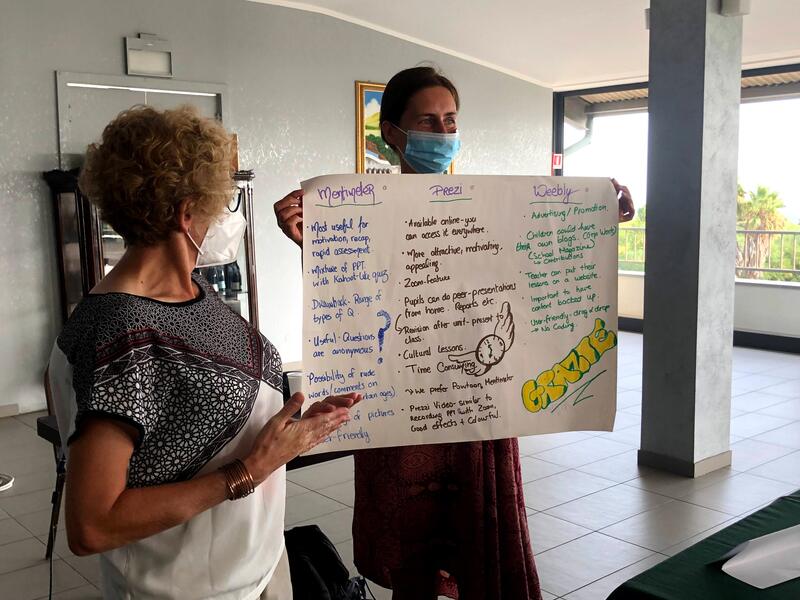
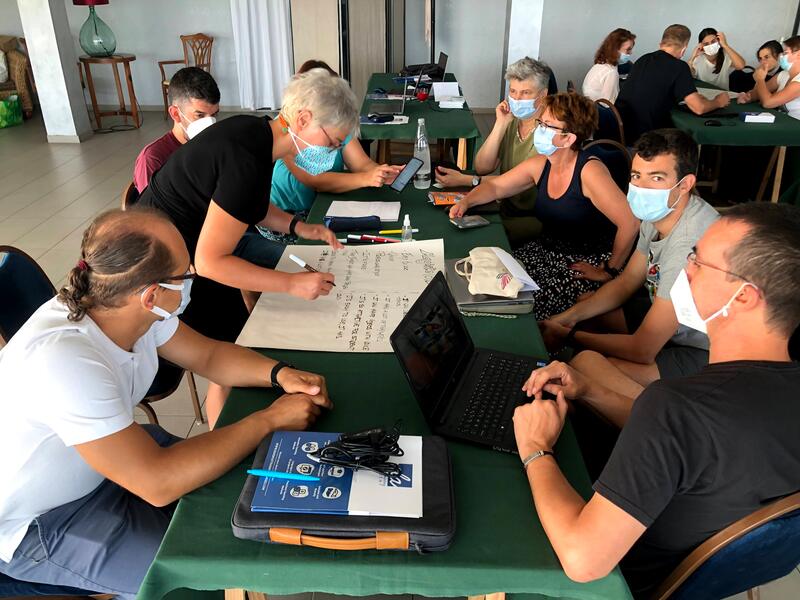
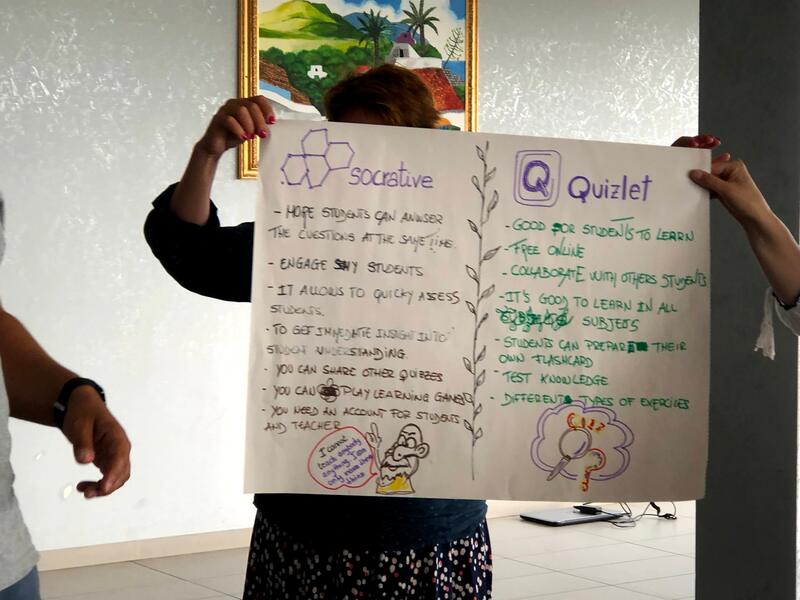
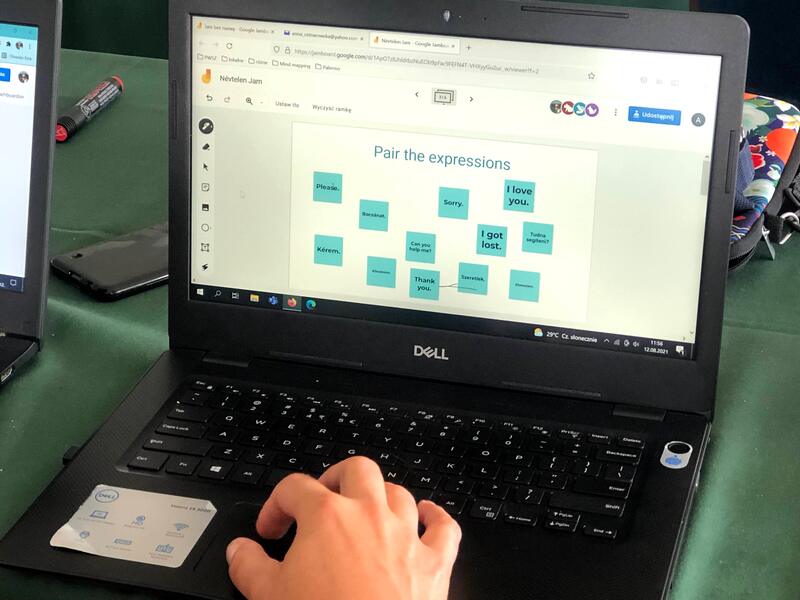
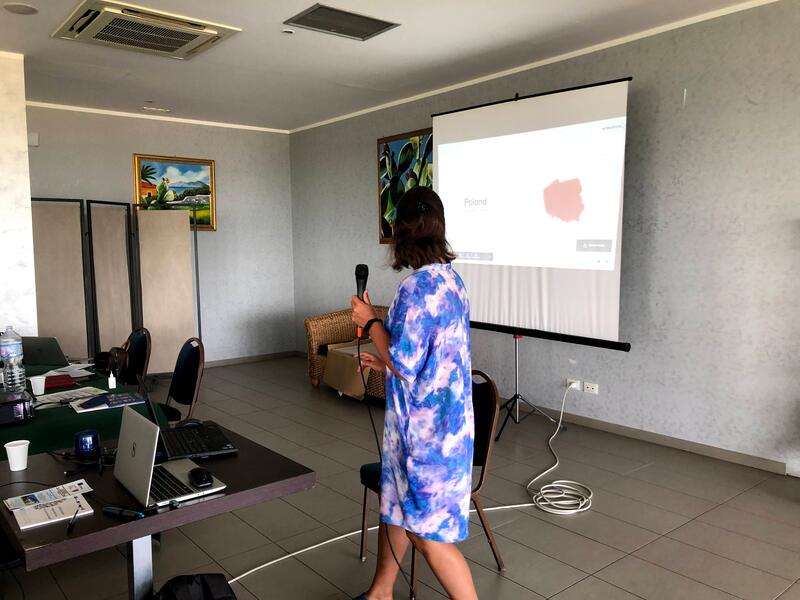
 RSS Feed
RSS Feed









